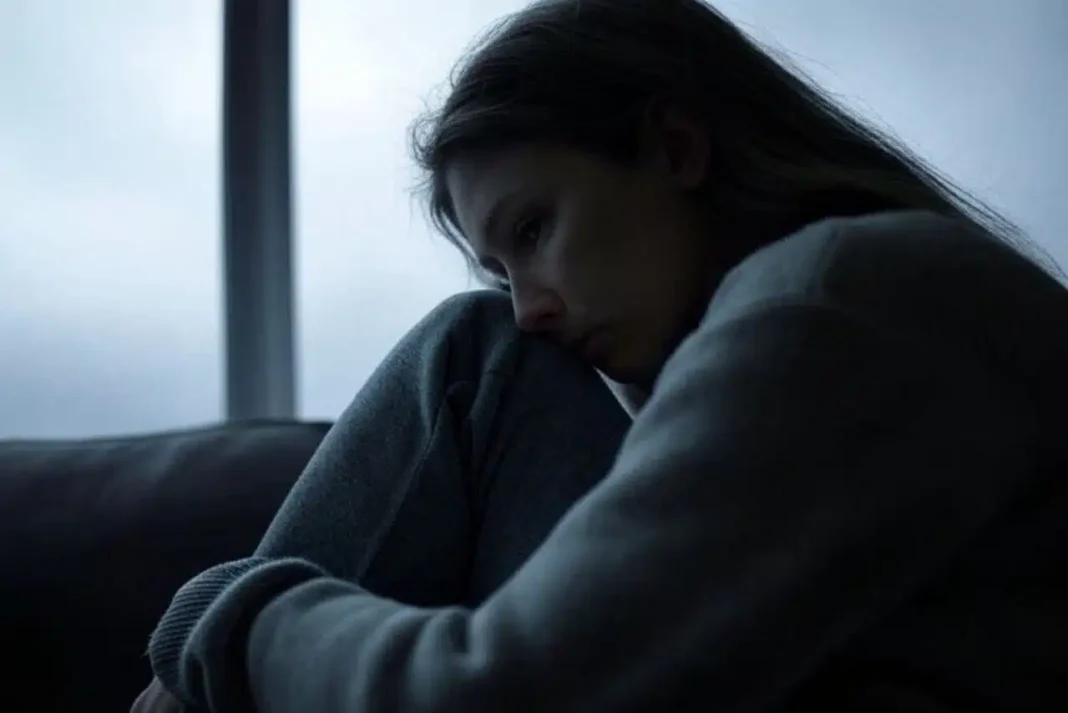When we turn on the television in the morning, set out on a journey, or face a moment of decision, we encounter the same feeling: uncertainty. Not knowing the future is one of the most fundamental truths of being human. Yet, this truth is perhaps what we try to avoid the most. Uncertainty unsettles us because the brain loves control. Yet life is never this clear-cut.
According to psychology, uncertainty is one of the brain’s primary sources of stress. The human brain is built on prediction and control; in the past, survival depended on anticipating dangers. Today, we may no longer run from lions, but the same biological system still operates within us. Not knowing what will happen triggers the brain’s alarm system; the amygdala activates, stress hormones rise, and the mind enters “be prepared” mode. That’s why uncertainty often feels threatening, even when there is no real danger. The brain cannot tolerate unanswered questions; it fills the gap with possibilities, scenarios, and even fears.
Ways We Cope with Uncertainty
People respond differently to uncertainty. Some immediately seek control, planning, calculating, and evaluating possibilities. Others withdraw, postponing decisions and avoiding risks. Most of us oscillate between these extremes. In psychology, this is called tolerance of uncertainty. Some people are more resilient to the unknown; for them, “not knowing” is not a threat but a temporary state. For others, the same uncertainty becomes the main source of anxiety.
Research shows that low tolerance for uncertainty is closely linked to anxiety, obsessive thinking, and excessive need for control. In other words, what often exhausts us is not the events themselves, but not knowing how they will turn out.
The Burden of Uncertainty in the Modern Age
Modern life intensifies uncertainty. In the past, life trajectories were more predictable; professions were passed down through generations, and marriages were more stable. Today, technological advances, global economic shifts, and social media can suddenly upend all our plans for the future. Career uncertainty, relational uncertainty, financial uncertainty… our minds are constantly occupied with the question, “Where is this going?”
This constant state of alert lays the groundwork for chronic anxiety and burnout. Now, our brains are affected not by the proximity of danger, but by the constant “on hold” perception of it. The fear of losing control drives us either to overreactions (constant information-seeking, seeking approval on social media) or to inaction. This vicious cycle consumes much of our energy and motivation.
The Art of Living with Uncertainty: Acceptance and Flexibility
So, if we cannot eliminate the fundamental uncertainty of life, how can we manage our brain’s quest for control? Psychology offers two key concepts here: acceptance and flexibility.
Acceptance means learning to see the state of “not knowing” not as a mistake or deficiency, but as a reality that exists. This is not passive resignation but active awareness. Recognizing that the anxiety felt in the face of uncertainty is a signal, often without any real danger, is the first step in breaking the anxiety cycle. Clearly distinguishing between what we can control (our responses, actions, efforts) and what we cannot control (outcomes, other people’s decisions, global events) makes a huge difference.
Flexibility does not mean abandoning planning; it means understanding that our plans are not “binding contracts” but “temporary guides.” People who accept uncertainty develop “mental flexibility” rather than a Plan B. This is the ability to quickly adapt to new circumstances instead of resisting when things do not go as expected.
One of the most effective ways to cultivate this flexibility is through mindfulness practices. By bringing the mind away from potential future catastrophes and focusing on the present moment, we naturally calm the brain’s alarm system. Anxiety is always related to the future; when we manage to stay in the present, we usually realize that there is no immediate real danger.
In Summary
Uncertainty is the essence of nature and life itself. What tires us is our effort to avoid the unknown and our illusion of control over everything. When we view uncertainty not as an enemy but as the threshold of a new possibility and an adventure, the brain’s alarm system gradually slows down, and we peacefully reconcile with one of the most fundamental truths of being human.
References
Grupe, D. W., & Nitschke, J. B. (2013). Uncertainty and anticipation in anxiety: An integrated neurobiological and psychological perspective. Nature Reviews Neuroscience, 14(7), 488–501.
Sarinopoulos, I., et al. (2009). Uncertainty during anticipation modulates neural responses to aversion in human insula and amygdala. Cerebral Cortex, 20(4), 929–940.
Carlson, K. W., et al. (2025). Individual differences in intolerance of uncertainty is primarily linked to the structure of inferior frontal regions. Cognitive, Affective, & Behavioral Neuroscience, 25(4), 727–743.
Morriss, J. (2025). Psychological mechanisms underpinning change in intolerance of uncertainty across anxiety-related disorders: New insights for translational research. Neuroscience & Biobehavioral Reviews, 173, 106138.
Yazıcı Çelebi, G., Gungor, S., & Kaya, F. (2025). The role of cognitive flexibility and psychological well-being in the effect of mindfulness on problematic internet use. Scientific Reports, 15(1), 1–9.
Kashdan, T. B., & Rottenberg, J. (2010). Psychological flexibility as a fundamental aspect of health. Clinical Psychology Review, 30(7), 865–878.
Oh, V. K. S., Sarwar, M., & Pervez, A. (2022). The study of mindfulness as an intervening factor for enhanced psychological well-being in building the level of resilience. Frontiers in Psychology, 13, 1056834.


